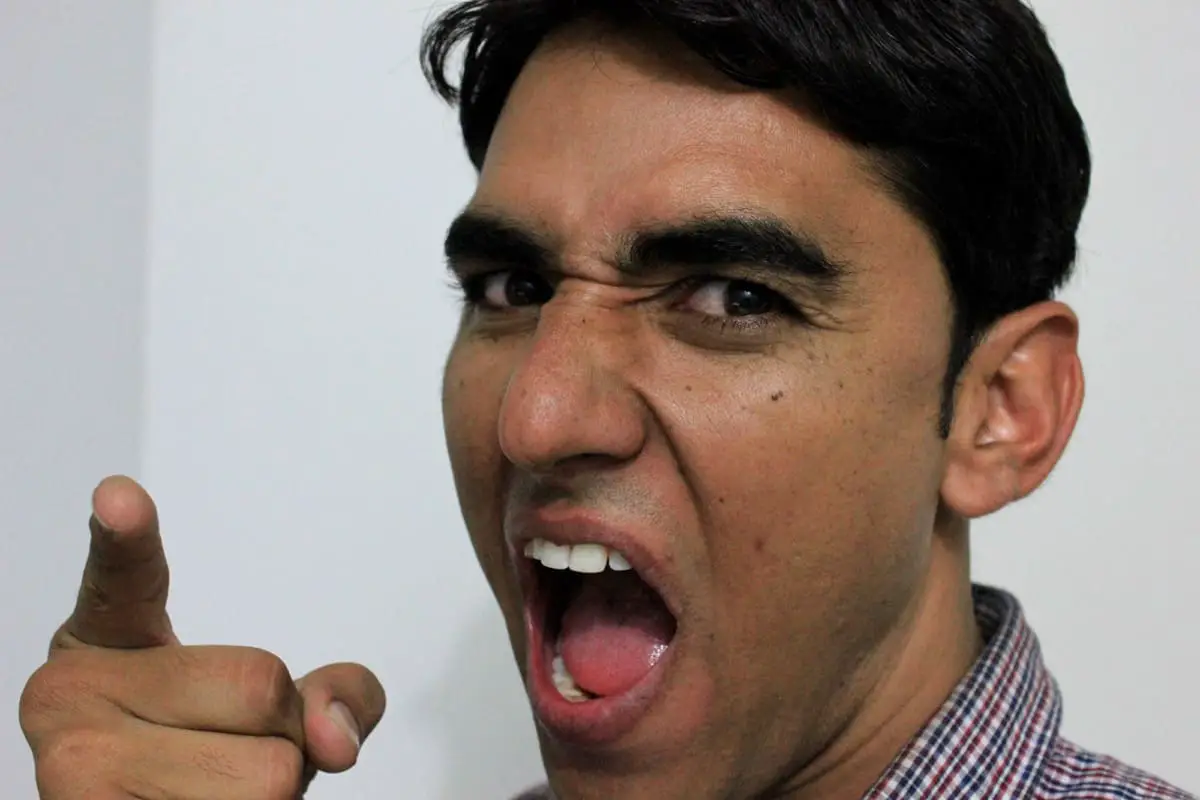Certainly, there is no shortage of advice in this world. There is always something to share about every situation you have ever encountered, from a former co-worker to an experienced senior citizen guru. But are all of them good advice? Since sometimes even the best advice does more harm than good. we know it, because at some point everyone went along with some bad suggestions or advice and experienced the results, which let’s say, put us in a troubling situation.
There is a lot of good and bad advice in the world of comedy. As we know, business in comedy is built on relationships and can take years of pure hard work to build the image in society, gather a following, get some credits and make some money. However, the road to the top of the comedy pile is fraught with bad advice, bad ideas, and fear. While there are tons of people who have done stand up not everyone has been successful. What do you do when you have a question? Surely other comedians who have tread the path before you can offer sage advice. Or maybe not.
Here are some of the worst advice comedians have gotten in the line of comedy. Let’s start with the few pieces of advice we dare you to never follow.
Be A Character Not Yourself
When it comes to personal and professional situations, we often hear the “be yourself and live the moment” phrase. We all believe that it should be written on the starry sky, engraved on the skin of mankind and to be called the golden words of success. Many comedians have a persona which is not the same as a character. This is usually because they have also taken acting classes.
However many comedians make up a stage character so they don’t have to get real on stage. Can “too personal” kind of advice that can completely go wrong? Being yourself is best because it shows genuineness, honest thoughts and feelings to others, which is usually considered positive when there are people hanging on every single word you say.
If one comedian has to be “a character” on the stage, they will undeniably and often show the uneasiness and anxiety of performing as well as faking humor. However, revealing your fears to the audience may cause you to lose confidence. Being yourself means that your thoughts and even concerns are transparent, which can affect morale especially in a stand up show.
It’s important to think about how your influence will ultimately affect others. Fear is the most honest factor that depreciates us in the hearts of others. So being yourself on stage and not a character is the best way to connect with audiences and make your comedy come alive.
Bombing Is Bad
Being on stage is already a terrifying enterprise for anyone. Add on top of that the fact that as a comedian you must make a crowd of strangers laugh at things you thought of, wrote down, and turned into jokes the fear can be overwhelming. Too many comedians are scared of not getting the laugh. This is referred to as “bombing”.
New comedians are especially fearful of bombing but they should have nothing to fear. Bombing is not bad, it is an integral part of the comedy process. Bombing is not failing. In fact, it is one of the greatest tools to find out if a joke works and if it bombs you figure out how to rework it to get the laugh.
Sure having a bad set, not getting laughs, and having to rewrite a joke is tough but as once was famously stated, “Dying is easy, comedy is hard.” Bad sets help you become a better comedian so bombing should not be feared. If anyone tells you to worry about bombing don’t listen, that’s fear and insecurity on their part. Bombing is part of comedy and it is those comedians who embrace it that get better.
Never Say No To Anything
“You can be a good person with a kind heart, and still say no” And that’s correct! Sometimes you feel to step back and say no, don’t you? Many of us just accept every request from the audience and perform in all circumstances even if in the end we are left with no time for ourselves. We want to do millions of shows instead of doing a couple of stand up spots and podcasts every week. But knowing when to say no, can establish respect for yourself and from the people around you.
Interestingly, the ability to never say no to anything is closely related to self-assurance. People with self-doubt and little to no self-confidence tend to worry about hosting and valuing others’ needs above theirs. It could be good advice if you’re at the beginning of your career and aiming to get as much experience as possible, but it’s good to say no to what you don’t think is honest or might cost you at your expense. Getting better at comedy is not just time spent on stage but the off-stage factors that grow your skills.
Say Whatever You Want
Few of many people believe that unpleasant humor, such as gender discrimination and racist jokes can help break down barriers and challenge prejudice, while others find it outrageous and hideous. The issues are obviously delicate and often lead to discussions about free speech, morality, and political correctness. We investigated the issue in hand by examining frequent rape jokes and some regularities related to it by our favorite comedians like Frankie Boyle, Sarah Silverman, and many more. That being said there is something for self-regulating jokes. The sign of a great comedian is to take something that could easily make those laugh with profanity and blue humor but make it funny and clean.
Some senior comedians and researchers believe that offensive jokes have no broader meaning, and are irrelevant or simply “just a joke”. This view often regards offensive criticism of humor as part of “political correctness” which later considered a movement that promotes censorship and threatens freedom of expression. Comedy is all about expression but remember that sometimes conforming can put a little extra money in your pocket. A great comedian develops a clean set that they can make dirty. Remember “you can always dirty up clean material, but you can’t clean up dirty material.”
We would say, it’s cool to have a little bit of edgy touch to your personality and throw some dark jokes here and there. Maybe you can use your offensive and blue humor at a certain time and place. However, if you are not sure how much a simple joke will cost you, it may be wise to reconsider it before narrating it in front of a room filled with hundreds of people to judge. Remember that for TV you have to be clean so even if your style is dark or edgy, finding a way to make some of your material clean is always a good idea.
Comedians will always get a myriad of differing advice and while there are nuggets of good and bad the best piece of advice is to do what works best for you. Read books and blogs; listen to podcasts; and study other comedians. There are no hard and fast rules in comedy except to always make the crowd laugh. Even then you can still have a bad set, but don’t worry there’s always the next show.

